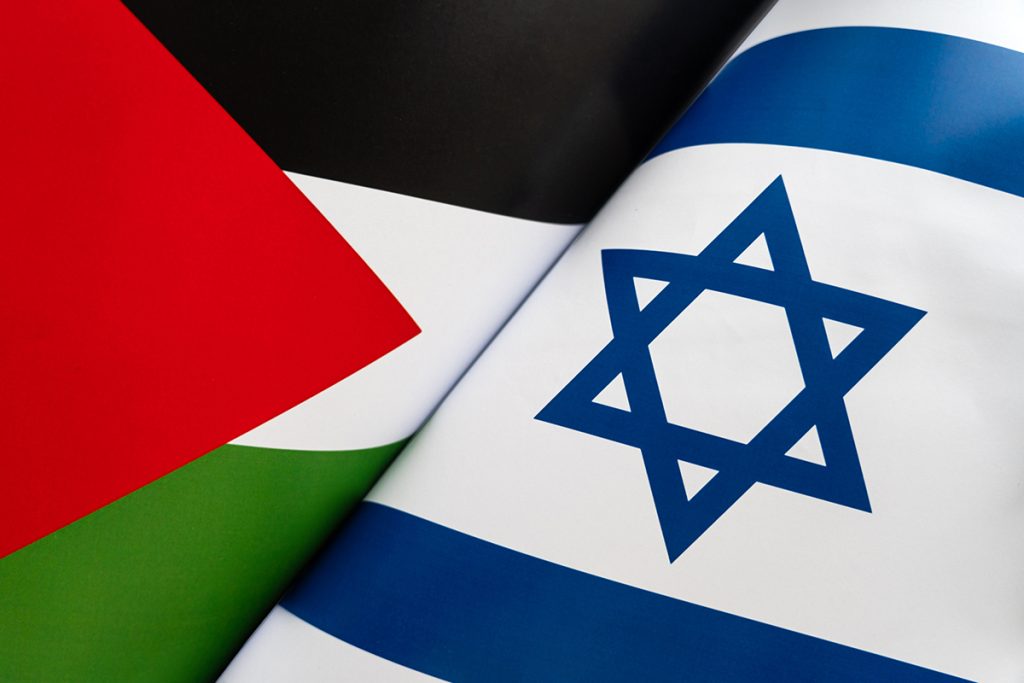Recent developments have thrust the complex nexus of international law and geopolitics into the spotlight once again. Israeli Prime Minister Benjamin Netanyahu has voiced concerns ahead of anticipated arrest warrants by the International Criminal Court (ICC) targeting both Israeli and Hamas leaders.
Simultaneously, 12 Republican U.S. Senators have issued strong warnings of severe sanctions against the ICC prosecutor and staff. This move has ignited a fiery debate regarding the court’s jurisdiction and its ability to impartially address conflicts.
Despite external pressures, the ICC has remained resolute, rebuffing attempts to obstruct, intimidate, or unduly influence its decisions. Nevertheless, the court’s reticence on the matter has left many eagerly awaiting its next steps.
The stakes are undeniably high, with experts emphasizing the potential impact of the ICC’s actions, or lack thereof, on its credibility and the broader “rules-based order” championed by Western nations.
Israel’s steadfast opposition to ICC intervention is unsurprising, given its historical reluctance to grant investigators access to Gaza and certain areas of the West Bank. Netanyahu’s government has consistently rejected ICC inquiries since 2021, sparking concerns about accountability for alleged atrocities.
Of particular interest is the response from Israel’s American and European allies. While the United States previously backed ICC actions against Russia, it now opposes the court’s involvement in the Israel-Palestine conflict. This shift underscores the intricate political alliances and interests shaping international responses to the ICC’s activities.
Furthermore, European Union members are obligated under the ICC’s Rome Statute to assist in executing arrest warrants. However, initial reports suggest that some European allies may be quietly rallying diplomatic opposition to warrants for Israel, diverging from their support for ICC investigations in other contexts.
The evolving dynamics surrounding the ICC’s role in the Israel-Palestine conflict raise crucial questions about the application of international law and the pursuit of justice in complex geopolitical settings.
Critics argue that selective support for ICC actions undermines the court’s credibility and erodes principles of accountability and justice. They caution against moral and political inconsistencies, highlighting the challenges Western leaders face in rallying global support for sanctions against Russia for crimes in Ukraine.
In an increasingly diverse and multipolar world, upholding the principles of the rule of law and impartial justice is more critical than ever for the international community.
As the ICC weighs its next steps in the Israel-Palestine conflict, global attention remains fixed on The Hague. The court’s decisions will not only shape the trajectory of justice but also impact diplomatic relations and global perceptions of accountability during times of conflict.
The legacy of Benjamin Ferencz, the last surviving Nuremberg prosecutor, serves as a poignant reminder of the imperative of universal adherence to the rule of law. His words echo with renewed urgency: Justice must be applied equally to all, or it is not justice at all.


